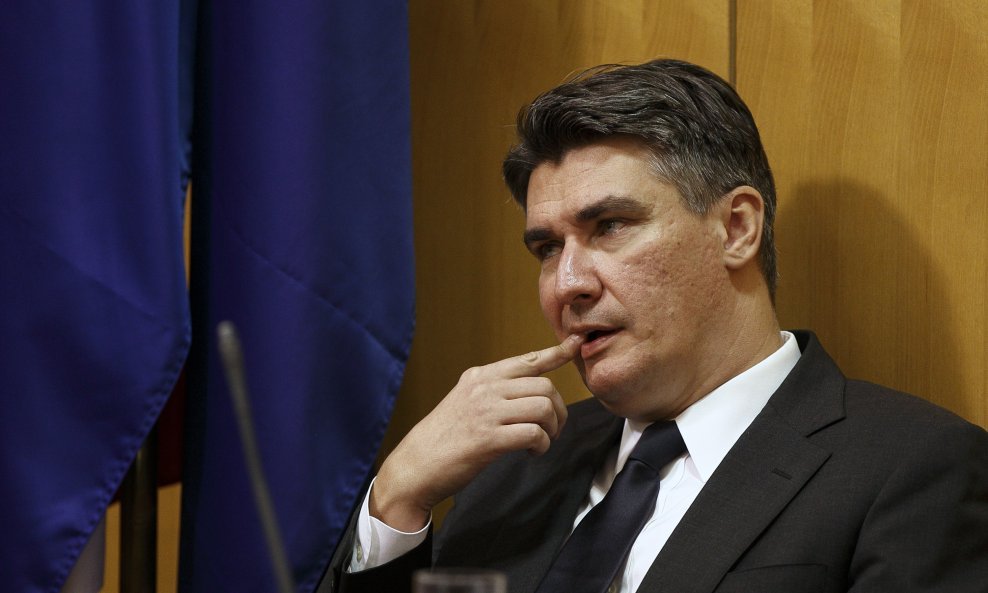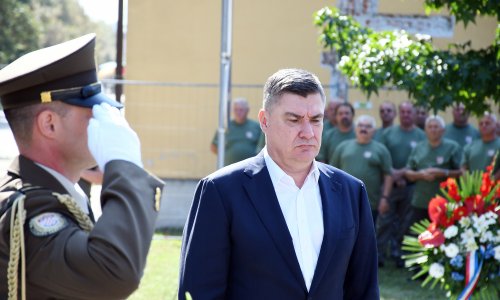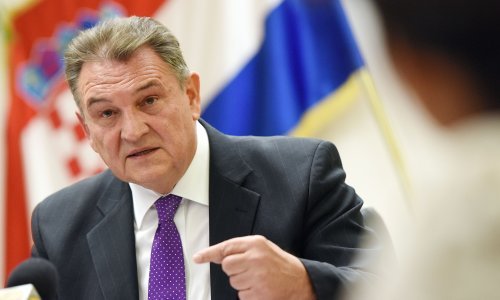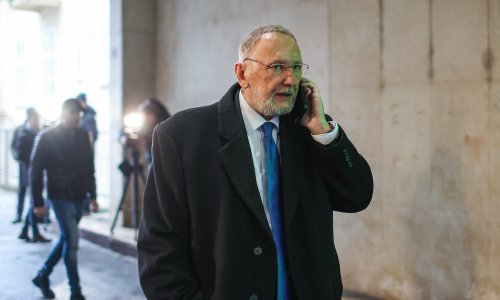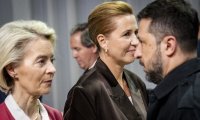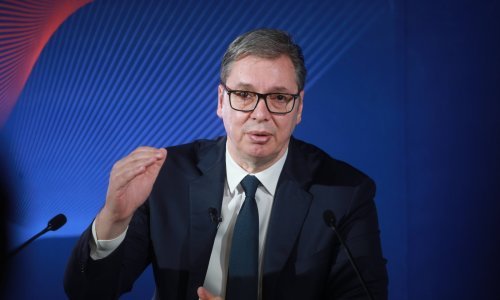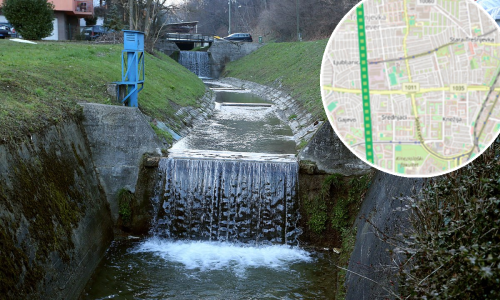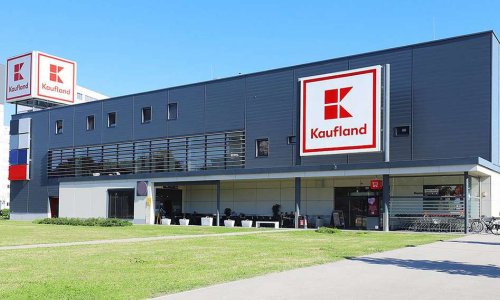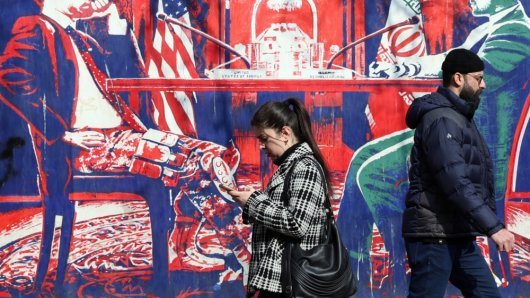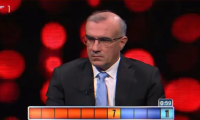Croatian Prime Minister Zoran Milanovic and European Commission President Jose Manuel Barroso held talks on the phone on Wednesday evening on the dispute surrounding the implementation of the European Arrest Warrant (EAW) in Croatia, according to sources in the European Commission which also received in the meantime a non-paper sent by the Croatian government in which Zagreb complains about its treatment and claims that there are no reasons for the announced sanctions, as the Croatian government intends to fulfill all obligations from the EAW.
Barroso and Milanovic agreed on the continuation of efforts aimed at seeking a way out of the current situation, Commission spokeswoman Pia Ahrenkilde Hansen said.
According to the non-paper, the Zoran Milanovic cabinet had expected that the problem relating to the EAW implementation would be solved through recommendations and suggestions from the Commission rather than by proceedings "that were never used against any Member State for this kind of non-alignment".
"Although the Commission had the same authority and legal instruments at its disposal to apply the safeguard clause present in their Accession Treaties in the very same Article 39; it would appear that in the almost identical legal situation – the only difference as per proposed measures being that Croatia changed its legislation 'three days prior to accession'– the Commission did not find 'serious shortcomings' to exist in those cases: it resorted to 'systematic criticism and pressure [that] resulted in the Czech Republic and Slovenia modifying their legislation to ensure compliance with the European arrest warrant'," reads the non-paper of the Croatian government that has not changed back the contentious legislation despite mounting pressure from the Commission in recent months.
Expressing concern that one of the measures to be adopted against Croatia would refer to withholding funds for preparing the country for its entry into the Schengen passport-free area, the government's non paper reads that such a measure "cannot be applied on the Schengen Facility Fund because the Fund does not fall within the scope of relations between Croatia and Member States as envisaged in Article 39" of the accession treaty.
The Croatian government also dismisses accusations that it was protecting assassins from former Yugoslavia during the Communist rule.
"The proposed measures further insinuate a very dangerous and blatant accusation of Croatia: they state that '…There are /…/ more than 20 requests under the EAW that Croatia does not intend to honour and in particular requests for the transfer of alleged criminals who are accused of the murder of dissidents and persons who were critical of the Yugoslav regime in the 1980s', insinuating criminal intent on the part of the Croatian Government to shelter heinous murderers."
The government says that "nothing can be further from the truth."
"By accepting the commitment to change the Law within the defined timetable, the Government clearly showed that it intends to honor all its obligations within EAW. Moreover, if the EAW would have been executed without time-limitation from the day of the accession, requests for the extradition of those alleged criminals who are accused of the murder of dissidents would have had to be refused due to the expired statute of limitations for the crimes committed. Political assassinations – all done in or prior to the 1980s – fall under this category. The expired statute of limitations is – ipso facto and ipso iure – the basis for the refusal of the request."
"Therefore, exactly in order to bring those criminals to justice, and guided by the interests of equal justice for all, in particular with regard to the specific past of Croatia in the second half of the last century, Croatia wishes to abolish the statute of limitations for political assassinations, thus making it possible for those presumed perpetrators to face justice in Croatia or in any other EU Member State. As stated previously, this can be done only by introducing an Amendment to the Constitution – which requires a political process within the country that needs to be carefully managed."
"And this is why the proposed date of the entry into force of the amended legislature is on 15 July 2014," the government writes in the nonpaper, underlining that "this should therefore be regarded as a tool of ensuring good implementation of the EAW. Only in this manner any prosecution of political assassinations can be ensured."
As for the introduction of the time limit in the EAW implementation in an amendment passed by the governing majority in the parliament, the government said in the nonpaper that "the Croatian Government and the Parliament were confident that there was a legal possibility and a political justification for such an amendment."
The government admits that the decision to that effect was based "on the erroneous translation of para. 32 of the official text of the Framework Decision in Croatian language published in Official Journal of the European Union in Croatian No. L-190/1, 19 vol. 3. of 29 October 2012."
"This was corrected only by errata corrige published in the Official Journal No. L-222/14 of 20 August 2013. Legally, Croatia was fully aligned with the acquis at the time of the adoption of the Act on judicial cooperation on 28 June 2013."
The non-paper recalls that Prime Minister Milanovic "on the margins of June European Council immediately and publicly stated that 'Croatia allowed for the possibility that we had made a mistake', and that it was 'keen on consulting with the EC on this issue'; in the meantime, Croatia continued to comply with numerous European Arrest Warrants as they arrived, a total of 123 were received of which 26 persons were extradited to-date."
"We feel a significantly different approach by the Commission with regard to Croatia, including unacceptable public comments not proper to the level of dialogue established between the Commission and a Member State," the government writes in the non-paper.
It also stresses that "there was never, nor is there now, any intent to avoid or circumvent its obligations to the acquis as it stands. It needs to be safeguarded for the benefit of all of Member States and all the citizens of EU. Croatia is committed to do its part and carry its respective load."
At the end of the non-paper, the government referred to the political context of the entire case.
"To put this issue in a political context, the above takes place exactly while the Government of Croatia is actively protecting the rule of law in the emblematic city of Vukovar, where minority script and language is being introduced on public buildings, notwithstanding some protests of local population; the expected support of the EC in this regard is still conspicuously lacking."



